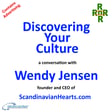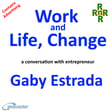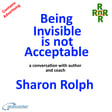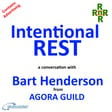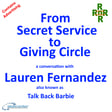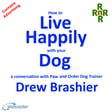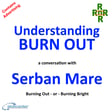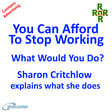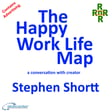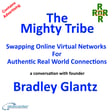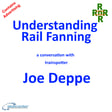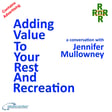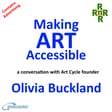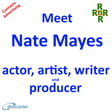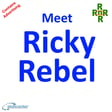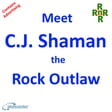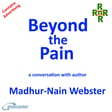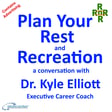
Creating Parent and Child Micro-Moments of Joy and Memories
Creating Parent and Child Micro-Moments of Joy and Memories – a conversation with author Bitsy Kemper.
With over twenty books published Bitsy Kemper is a prolific children’s author. In her latest book, her first for grown-ups, Bitsy has created a five minute a day devotional journal to help mothers create micro moments of joy and happiness.
Mommy & Me Micro-Moments: A 5-Minute a Day Devotional Journal.
In this episode of the Abeceder work life balance podcast Rest and Recreation, Bitsy explains to host Michael Millward the advantages of creating micro parent child moments.
Bitsy explains the importance of being present and focused when communicating with a child, who is experiencing for the first time, what we as grown-ups take for granted.
Rest and Recreation is made on Zencastr.
Zencastr is the all-in-one podcasting platform, on which you can create your podcast in one place and then distribute it to the major platforms. It really does make creating content so easy.
If you would like to try podcasting using Zencastr visit zencastr.com/pricing and use our offer code ABECEDER.
Travel to California
Andrea is based in Sacramento. If you would like to visit California a good place to plan your travel is The Ultimate Travel Club, It’s where you will get trade prices on flights, hotels, and package holidays.
Use offer code ABEC79 to receive a discount on your membership fee.
You can find out more about both Michael Millward, and Bitsy Kemper at Abeceder.co.uk .
Matchmaker.fm
Thank you to the team at Matchmaker.fm introducing me to Bitsy. Matchmaker.fm is where matches of great hosts and great guests are made. Use our offer code MILW10 for a discount on membership.
Three the network
Three has the UK’s Fastest 5G Network with Unlimited Data, so listening on Three means you can wave goodbye to buffering.
Visit Three for information about business and personal telecom solutions from Three, and the special offers available when you quote my referral code WPFNUQHU.
If you have liked this episode of Rest and Recreation, please give it a like and download it so that you can listen any time anywhere.
To make sure you do not miss future editions please subscribe.
Being a Guest
If you would like to be a guest on Rest and Recreation, please contact us using the link at Abeceder.co.uk.
We recommend that potential guests take one of the podcasting guest training programmes available from Work Place Learning Centre.
Remember, the aim of all the podcasts produced by Abeceder is not to tell you what to think, but we do hope to make you think!
Thank you to you for listening.
